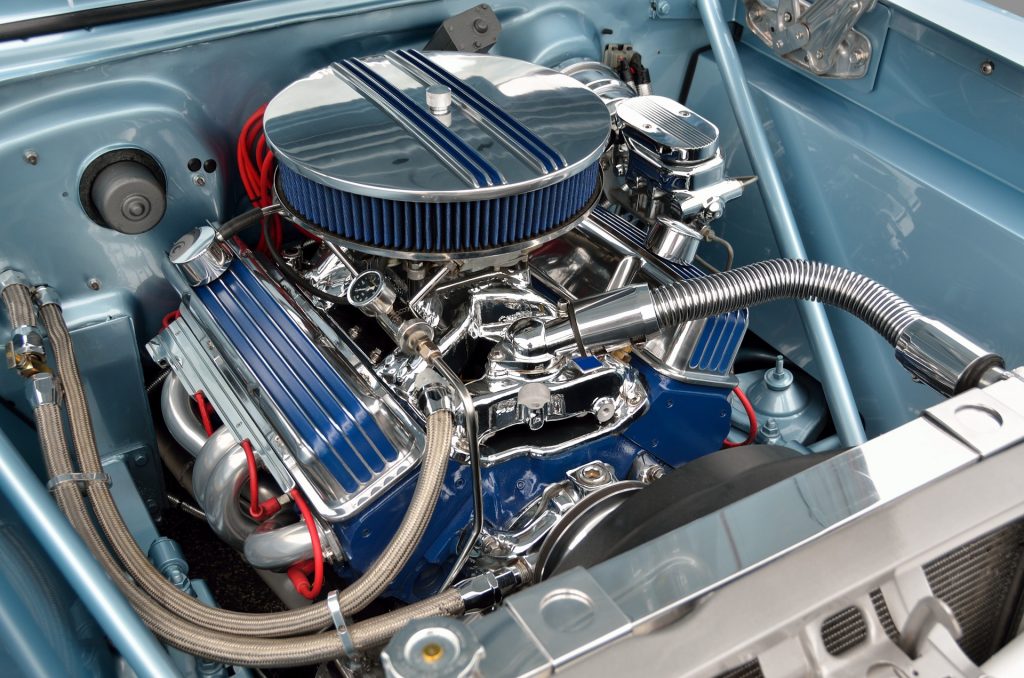4 Savvy Ways to Maintain Your Car

You have bought your car, and you can sleep a happy person with your dream car parked in your garage. However, that is not all because you have to maintain it to ensure that it operates efficiently and that it serves you for a long time. Also, failure to properly maintain your car reduces the car’s performance and leads to road mishaps. Besides, studies reveal that the cost of accidents resulting from non-maintenance is approximately $2 billion every year. Studies also indicate that failure to maintain cars can cost car owners close to $8,000. These figures are alarming; hence, car owners need to take responsibility for managing their cars often.
Unfortunately, most car owners tend to overlook this aspect because they believe that car maintenance should be left to the mechanic. While this is partially true, you should ensure that you take care of your car by doing some mini-checks irrespective of whether it is a new one or a used one. However, car maintenance does not end with changing oil regularly or cleaning it often. The gradual descent of your new car begins from the moment when it leaves the factory. If you are not familiar with car maintenance, use these simple tips to protect your car and spare it unnecessary visits to the mechanic.
Change air filters
Air filters restrict debris, dirt, and dust that can get to your engine. Air filters are essential in ensuring that the engine receives clean energy to turn fuel into power. That enhances the performance of your engine and extends its life, which translates to an extended vehicle life. Therefore, you cannot afford to assume the importance of changing air filters. It is advisable to change air filters at least after 12 months or after every 12,000 miles. You don’t have to worry about the process of changing the air filters because it is an easy one. In fact, you only require ten minutes to finish the process, or you can hire a mechanic to the same. However, note that there is nothing wrong with air filters having little dirt because it prevents tiny particles from getting into your engine.
Replace the spark plugs
Most car owners will admit that they have at some point thought that problems associated with starting a car are associated with the battery. Well, that is not true. The problem could also be associated with spark plugs when they are not generating adequate sparks. Alternatively, it could be that the spark plug is draining your car’s battery. However, that is not all because a faulty spark plug can also result in lack of acceleration, engine misfiring, and engine surging. Therefore, you need to change spark plugs often to make sure your car performs efficiently. Ideally, you can replace spark plugs after 30,000 miles, but make sure you check the car’s manual first before replacing.
Change the brake pads
Brakes are a crucial part of any car, so you cannot afford to assume their importance if you are concerned about safety. Unfortunately, most car owners don’t take the issue of replacing brake pads seriously maybe because they don’t get warning signs of damaged brake pads. To avoid repeating or making this mistake, you need to look out for these signs that indicate the need to change brake pads such as when a car makes loud sounds when applying brakes and vehicles take a longer time than they should stop. Also, if your car makes left- or right-hand turns when braking or deriving, you see drops of brake fluid near wheels, or you notice leaks or fault in your brake lines you should replace your brake pads immediately. Experts advise people to replace brake pads after every 20,000 miles.
Replace radiator fluid
Radiator fluids are an integral part of the cooling systems of cars. It is a mixture of antifreeze and water that aids in keeping the engine cool while it is running. The fluid also offers protection to engines against blocking as a result of cold temperatures such as during the winter. However, the liquid can become acidic over time or pollutants such as dirt build up in the fluid, which necessitates the need to replace it immediately. You need to change the radiator fluid after 24,000 to 36,000 miles to ensure that the cooling system of your vehicle remains functional.

















